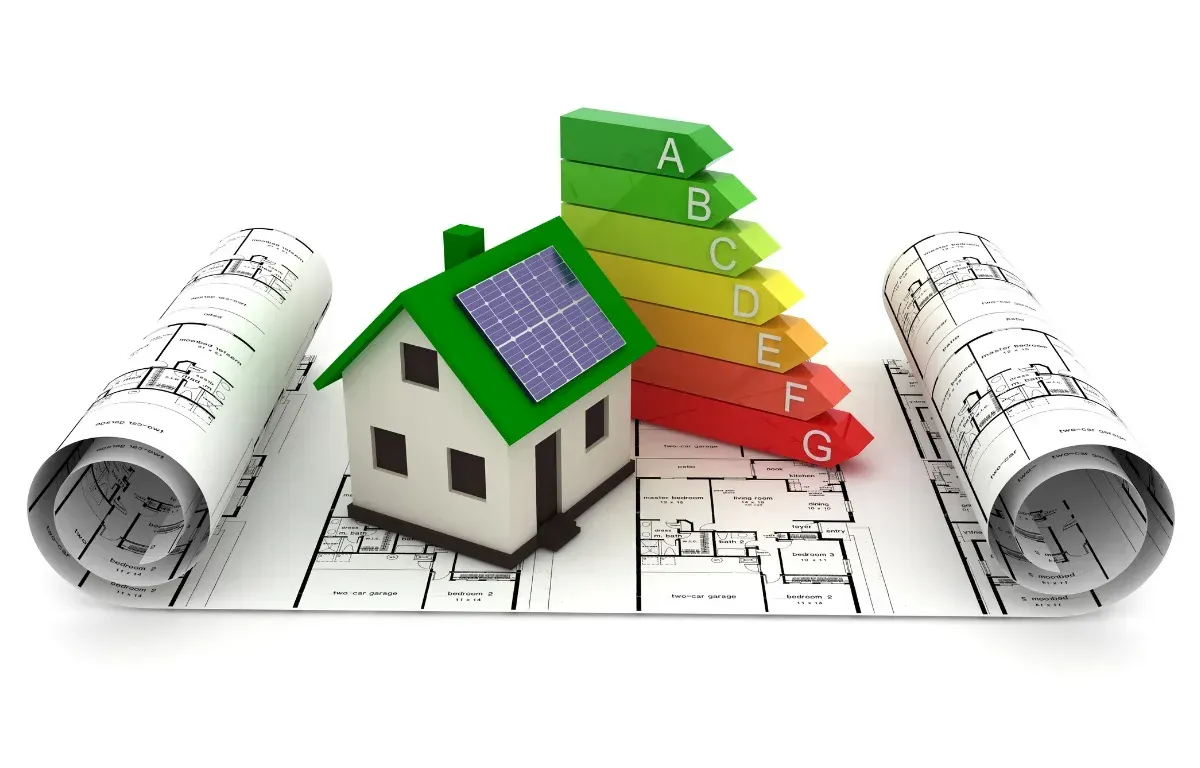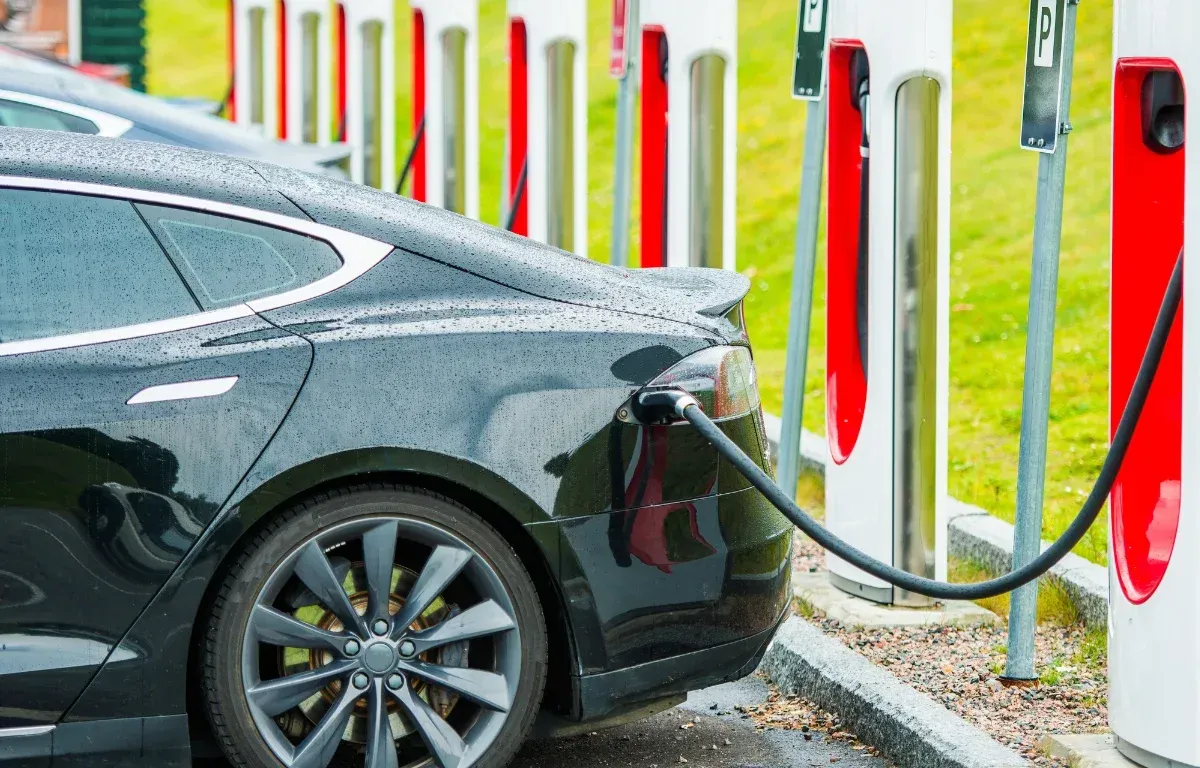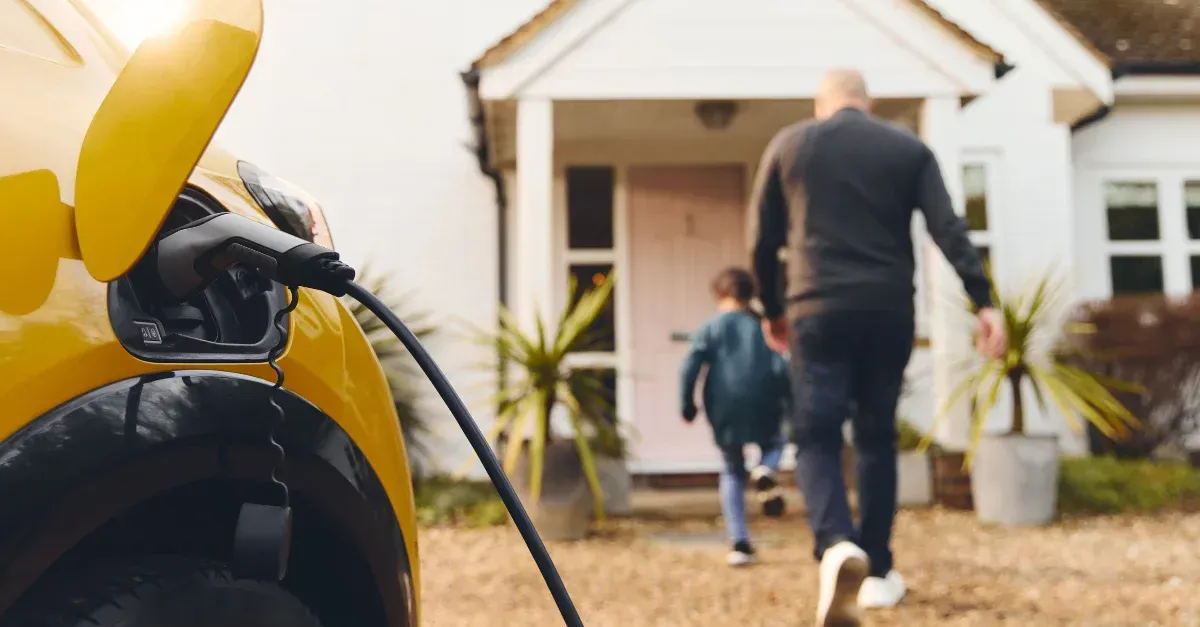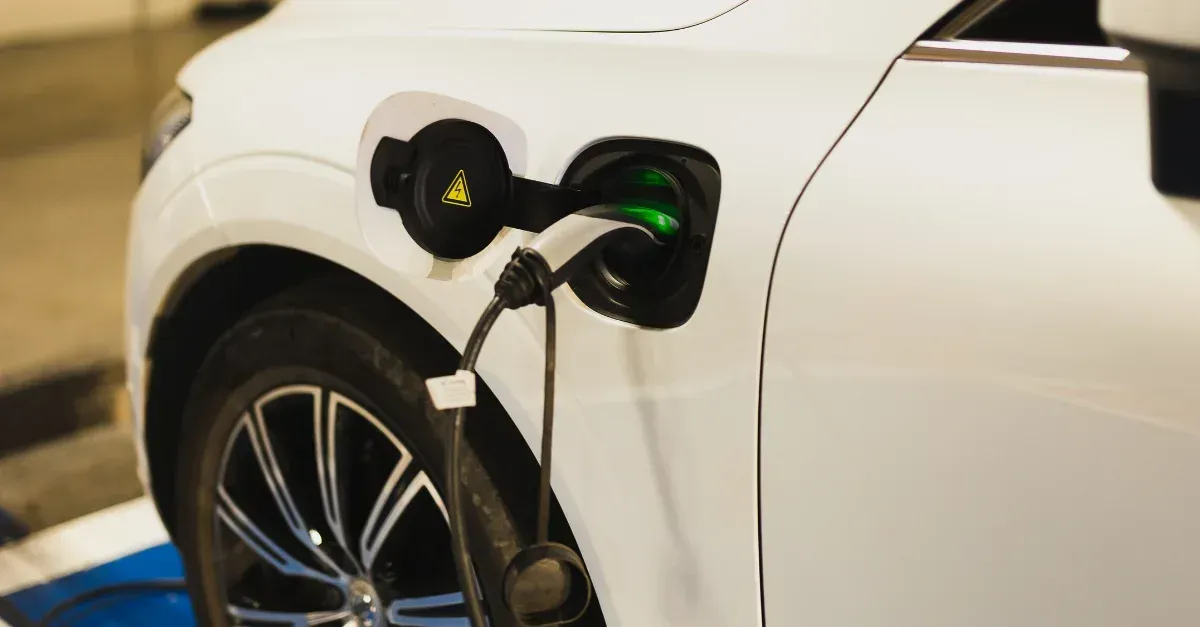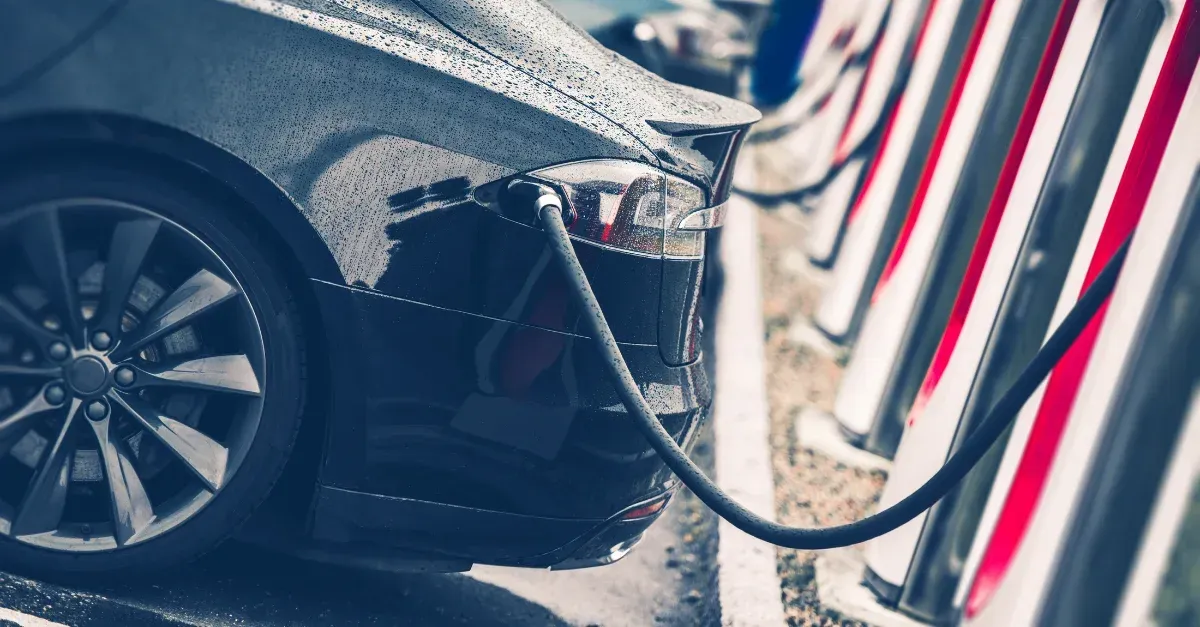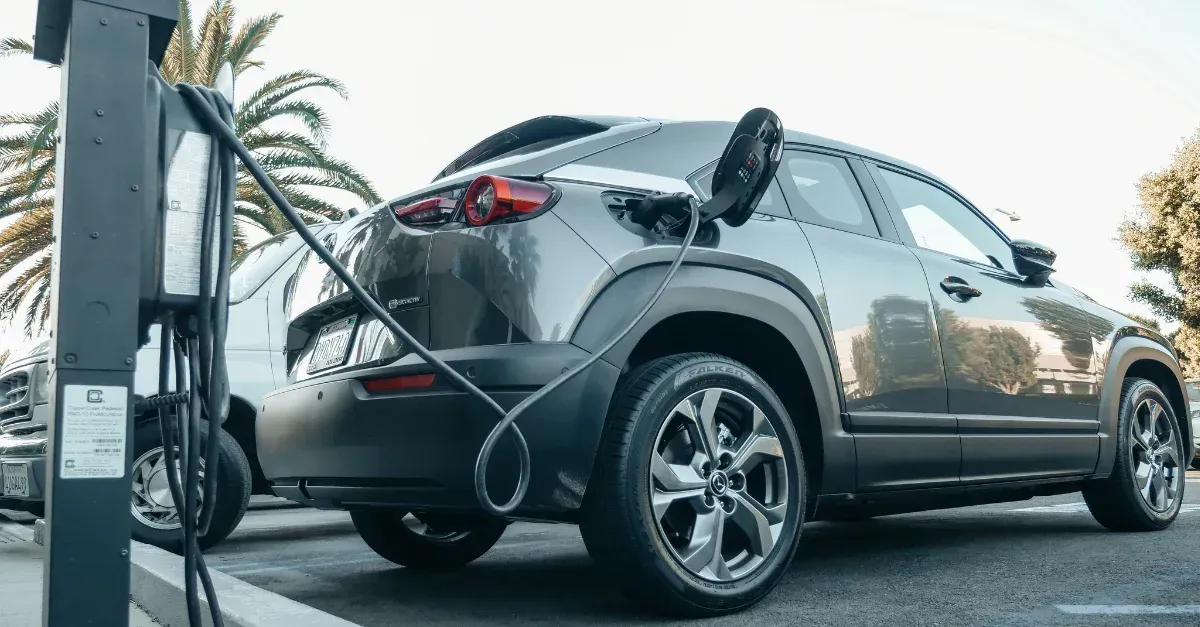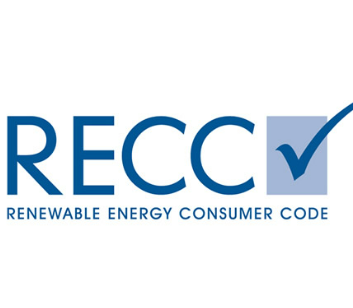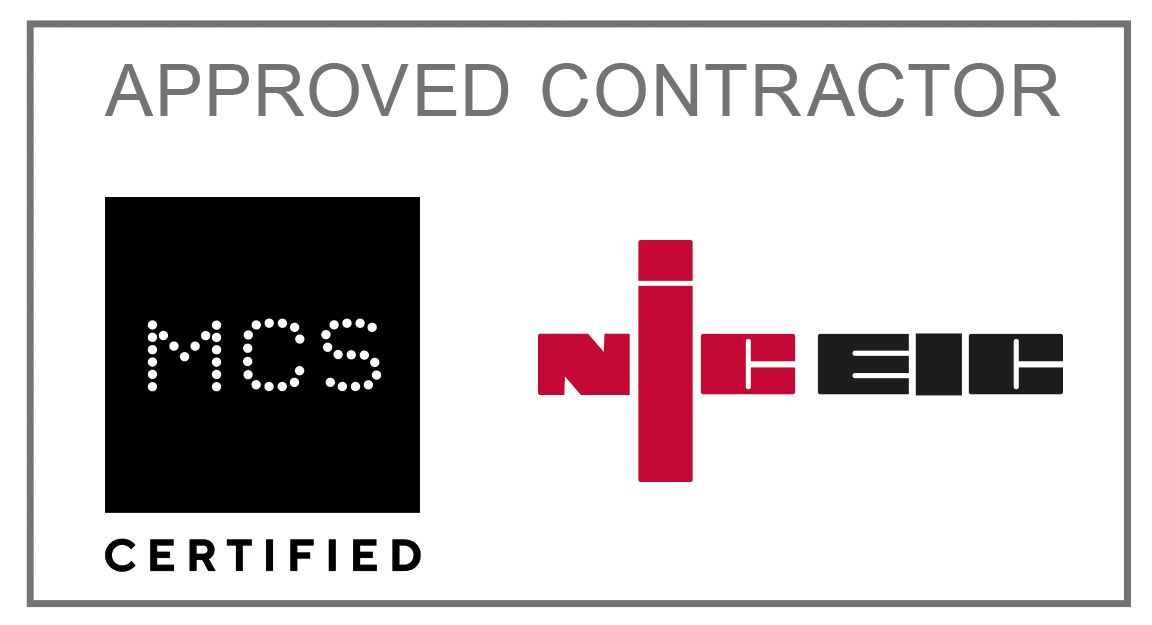How Much Does It Cost to Charge an Electric Car?
Share Post
As electric cars revolutionise transportation, understanding the costs associated with charging them is essential for effective budgeting. While you can save significantly on fuel, it's important to know the specifics of charging expenses. Let’s break down the key factors affecting how much you'll pay to charge your electric vehicle (EV) in the UK.
Factors Affecting Charging Costs
Type of Charging Station
- Home Charging: Charging at home is usually the most cost-effective method. You can use a standard 3-pin plug or install a dedicated 7kW home charger for faster charging. While the initial setup cost for a home charger can be higher, it typically results in lower ongoing expenses.
- Public Charging: For charging on the go, public stations provide convenience but can be more expensive. These include slower 22kW chargers and rapid chargers, which are faster but cost more per kilowatt-hour (kWh).
Electricity Rates
- Residential Rates: Electricity costs vary across the UK, and many energy providers offer time-of-use tariffs. Charging during off-peak hours can reduce your costs significantly. Typical home electricity rates are around £0.30 per kWh, but rates may vary depending on your provider and location.
- Commercial Rates: Public charging stations often have different pricing models, such as pay-per-minute or pay-per-kWh. Rapid chargers usually cost more per kWh, but they provide quicker charging.
Battery Size and Vehicle Efficiency
- Battery Capacity: The size of your vehicle’s battery influences charging costs. Larger batteries require more energy to charge, leading to higher costs. However, they often provide greater range, reducing the frequency of charging.
- Vehicle Efficiency: The efficiency of your electric car affects how much you spend on charging. More efficient vehicles use less energy to travel the same distance, potentially lowering your overall charging costs.
Estimating Your Charging Costs
Let’s use an example to illustrate potential costs:
Home Charging Cost:
- Average electricity rate: £0.30 per kWh
- Battery size: 60 kWh
- Total cost to charge from 0% to 100%: 60 kWh x £0.30 = £18.00. This estimate can vary based on your specific energy rates and charging efficiency.
Public Charging Cost:
- Average rate for slow chargers: £0.40 per kWh
- Average rate for rapid chargers: £0.70 per kWh
- Total cost to charge: 60 kWh x £0.40 = £24.00 (slow charger), or 60 kWh x £0.70 = £42.00 (rapid charger). Rapid charging is more expensive but offers quicker replenishment.
Tips for Managing Charging Costs
Charge at Home: Utilise home charging to benefit from lower electricity rates. Installing a home charger may involve an initial cost, but it can lead to long-term savings.- Monitor Your Usage: Track your charging habits and electricity consumption. Many EVs have apps to help you monitor and manage your charging.
- Utilise Discounts and Incentives: Look for any local discounts or incentives for EV owners. Some regions offer reduced rates or rebates for installing home charging equipment.
In Summary
Understanding the costs associated with charging an electric car helps you budget more effectively and make informed decisions about your vehicle and energy use. By considering factors like charging station type, electricity rates, and vehicle efficiency, you can manage your expenses and fully enjoy the benefits of electric driving.
For personalised advice on optimising your home charging setup and managing your electric vehicle costs, contact Dec Elec. Our experts are here to provide tailored solutions that fit your needs and help you make the most of your electric vehicle investment.
RECENT POSTS

